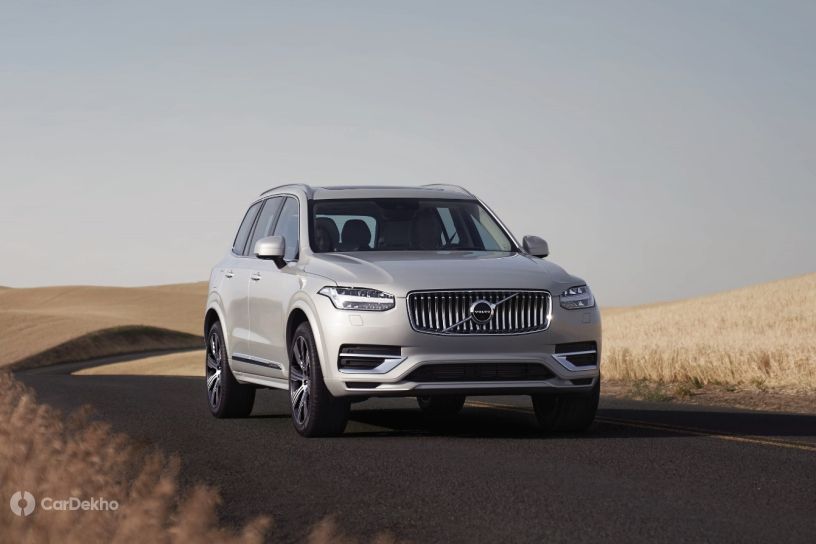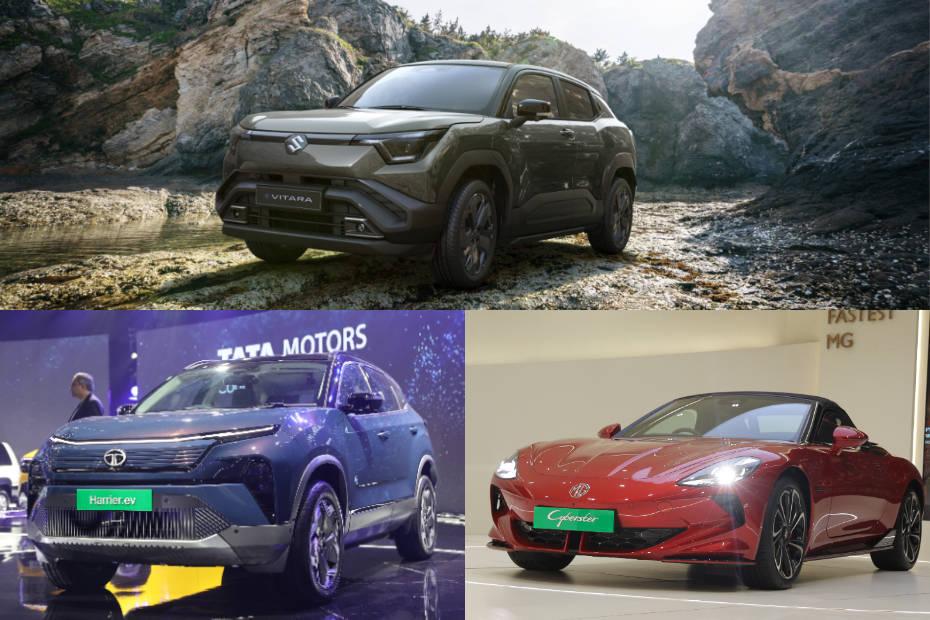The Biggest Volvo SUV Will Soon Be Going Electric, And It Will Employ LiDAR And AI
Published On Jun 25, 2021 02:38 PM By Dhruv
- Write a comment
The next-gen XC90 will be a full-electric SUV all its variants featuring LiDAR and AI safety tech as standard

-
The XC90’s successor will be revealed in 2022.
-
LiDAR uses laser pulses to detect the surface around the scanner.
-
These systems will be capable of OTA (over-the-air) updates.
-
Volvo’s next-gen electric cars will support unsupervised autonomous driving.
The successor to the current-gen XC90 from Volvo will be electric. According to the latest statement from the carmaker, the next-gen SUV will be revealed in 2022. Volvo plans to convert half of its lineup to electric vehicles by 2025, and a complete overhaul is on the cards by 2030.
The XC90’s electric successor will use LiDAR sensors and AI to beef up passenger safety. LiDAR, short for Light Detection and Ranging, uses laser pulses to measure ranges and detect any change in the surface ahead. It is like SONAR, but using light instead of sound. The LiDAR tech is being developed by Luminar.

The AI will be powered by NVIDIA Drive Orin system-on-a-chip, a fancy name for a computer that will control the AI. The best part about this tech is that it will be available as standard on all the electric XC90’s variants.
Also Read: The World’s Favourite Volvo Will Be Fully Electric In Its Next Avatar
Håkan Samuelsson, chief executive of Volvo Cars said in a statement, “Volvo Cars is and always has been a leader in safety. It will now define the next level of car safety. By having this hardware as standard, we can continuously improve safety features over the air and introduce advanced autonomous drive systems, reinforcing our leadership in safety.”

Over-the-air updates mean that over time, as Volvo gathers more safety-related data, it will be able to push these benefits to Volvo owners in real time. Previous-generation safety tech primarily focused on alerting the driver in time for an upcoming obstacle. But these modern-day safety systems are designed to preempt and intervene in advance, reducing reaction times even further.

In addition, the upcoming electric Volvo cars will have backup systems for important functions like steering and brake. Volvo hasn’t explained this in detail, but it will essentially allow for unsupervised autonomous driving. It means you could be driven around in a car with no one in the driver seat. While the hardware will be present on board, this technology is still years away, and will only be applicable in regions and areas that are safe and legally allow unsupervised cars on the road.
Also Read: Now Pay Up To Rs 2 Lakh More For A Volvo Car
Read More on : XC90 diesel
1 out of 1 found this helpful















